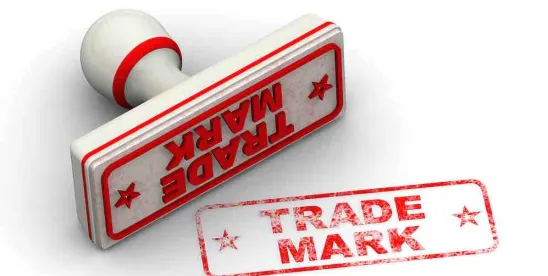Underscoring its faith in a jury’s competency to use its “common sense and experience” in evaluating evidence, the US Court of Appeals for the Ninth Circuit affirmed a district court’s judgment in favor of the defendants in a trademark infringement action following a trial, as well as its order partially denying the defendants’ motion for attorneys’ fees. BillFloat, Inc. v. Collins Cash, Inc., Case Nos. 23-15405; -15470 (9th Cir. July 1, 2024) (Thomas, McKeown, Christen, JJ.)
BillFloat and Collins Cash both provide financing to small businesses. In 2013, BillFloat began using SMARTBIZ as a trademark and registered the mark in 2014. That same year (2014), Collins Cash began using the mark SMART BUSINESS FUNDING, although it did not file an application to register the mark until 2020. Meanwhile, in 2018, BillFloat and Collins Cash entered into a partnership agreement under which Collins Cash would refer current and prospective customers to BillFloat in exchange for a referral fee. The parties’ agreement stated that “[i]f either Party employs attorneys to enforce any right arising out of or relating to this Agreement, the prevailing Party shall be entitled to recover reasonable attorneys’ fees.”
In 2020, upon learning of Collins Cash’s use of the SMART BUSINESS FUNDING mark, BillFloat brought claims for federal and state trademark infringement, breach of contract, unfair competition and unlawful business practices. The district court granted summary judgment to Collins Cash on the breach of contract claim and proceeded to trial on the trademark infringement claim.
Collins Cash engaged an expert to conduct a likelihood of confusion survey using the so-called “Squirt” methodology, which is used for lesser-known marks. BillFloat filed a motion to exclude the expert and his survey from trial, arguing that various errors made the survey unreliable and therefore inadmissible. The district court denied the motion and admitted the expert’s testimony and his survey. The district court also admitted testimony from BillFloat’s expert that challenged the survey. Both experts were cross-examined on their qualifications and on the merits of the survey.
The jury found that BillFloat had not established trademark infringement by a preponderance of the evidence. Post-trial, BillFloat moved for judgment as a matter of law and for a new trial, and Collins Cash moved for attorneys’ fees and non-taxable costs. The district court denied BillFloat’s motion and awarded Collins Cash attorneys’ fees under the partnership agreement for the breach of contract claim but declined to award Collins Cash attorneys’ fees for the trademark infringement claim or non-taxable costs for either claim. Both parties appealed.
BillFloat argued that the district court abused its discretion in admitting Collins Cash’s expert testimony and survey evidence. It also argued that the district court erred in declining to give BillFloat’s proposed jury instruction not to draw any inferences about the fact that BillFloat did not offer its own survey evidence.
The Ninth Circuit found no abuse of discretion on these issues. The Court pointed to the distinction between the admissibility of survey evidence as opposed to the relative weight a jury might give to it: “challenges to methodology and design are precisely the kind of claimed deficiencies that go to the weight of the evidence, not its admissibility.” As to the jury instruction, the Court disagreed with BillFloat’s contention that the jury should not be permitted to draw any inference from the absence of its own survey evidence. Moreover, the Court found that even if the district court had erred on these issues, there was no prejudicial error warranting reversal. BillFloat offered little evidence that there was a likelihood of confusion between the two marks.
In its cross-appeal, Collins Cash challenged the district court’s denial of attorney fees for the trademark infringement action on which it prevailed, arguing that under the partnership agreement or the Lanham Act’s provision for “extraordinary” cases under 15 U.S.C. § 1117(a), it was entitled to recover its attorneys’ fees. The Ninth Circuit disagreed, concluding that the alleged infringement did not arise out of or relate to the partnership agreement because it occurred four years prior to the agreement, required different proof, and did not share underlying facts or common issues. Furthermore, the infringement action was not an “extraordinary” case, as BillFloat’s claim was not meritless, nor was its litigation conduct “unreasonable” or “egregious.”
Practice Note: Likelihood of confusion surveys in trademark infringement actions can be admissible under Fed. R of Evid. 702 even if they have technical flaws as long as they are not deemed totally unreliable.



 />i
/>i
